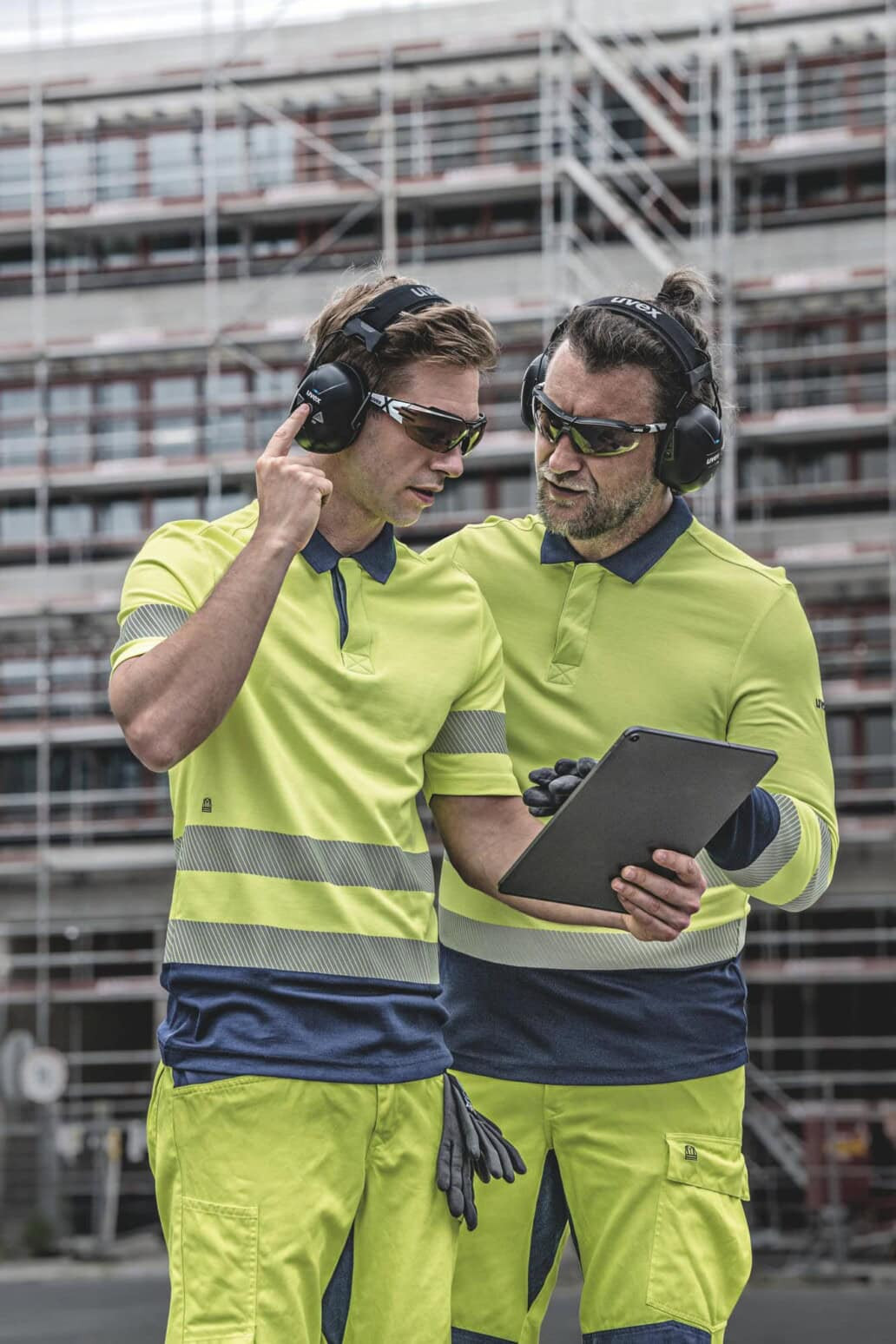UV radiation is an omnipresent phenomenon that has both a natural origin and is generated in technical production. We encounter it in many areas of life – from the sunlight that accompanies us every day to specific applications in professional fields and technical devices. But where exactly does UV light occur and what are the effects of ultraviolet radiation in different contexts? A closer look shows how versatile and at the same time risky this invisible source of energy can be.
Definition: What is UV light or UV radiation?
Natural light with UV exposure is omnipresent, that is an unalterable fact. Most people are confronted with this at the beginning of the summer when they buy a new tube of sun cream for the hot months. The first step is to clarify what UV light actually is.
Ultraviolet (abbreviation: UV) radiation is a part of natural sunlight that is also a component of the electromagnetic spectrum. This spectrum includes all electromagnetic forces that emanate from the sun and affect the earth.
In a natural environment or under natural conditions, UV light is invisible to the human eye.
The important ozone layer prevents some of the UV radiation from entering our atmosphere.
The intensity of UV rays depends on factors such as latitude, time of day, season and altitude.
Positive effect of UV light on the body
Apart from these basic properties, this light phenomenon can also be explained in physical terms. From a scientific point of view, UV rays are electromagnetic waves that occur in different wavelengths and are measured in nanometres (nm). You should be familiar with the following subdivision:
UVC radiation: Although UVC light has the shortest wavelength (100-280 nm), it is the most energy-rich radiation. It is almost completely absorbed by the ozone layer and therefore does not enter the earth's atmosphere.
UVB radiation: UVB light has a medium wavelength (280-315 nm) and is less energy-intensive. It is partially blocked by the ozone layer, but also partially penetrates the earth's atmosphere.
UVA radiation: UVA light has the longest waves (315-400 nm). Although the intensity is lower, this radiation completely penetrates the earth's atmosphere.
Need for action: Do you need to protect yourself against UV light?
 |
The basic answer to this is always ‘yes’. It is very important that you protect yourself against UV radiation, as it can cause both short-term and long-term damage. Unfiltered UV rays can lead to sunburn, premature skin ageing and an increased risk of skin cancer. |
